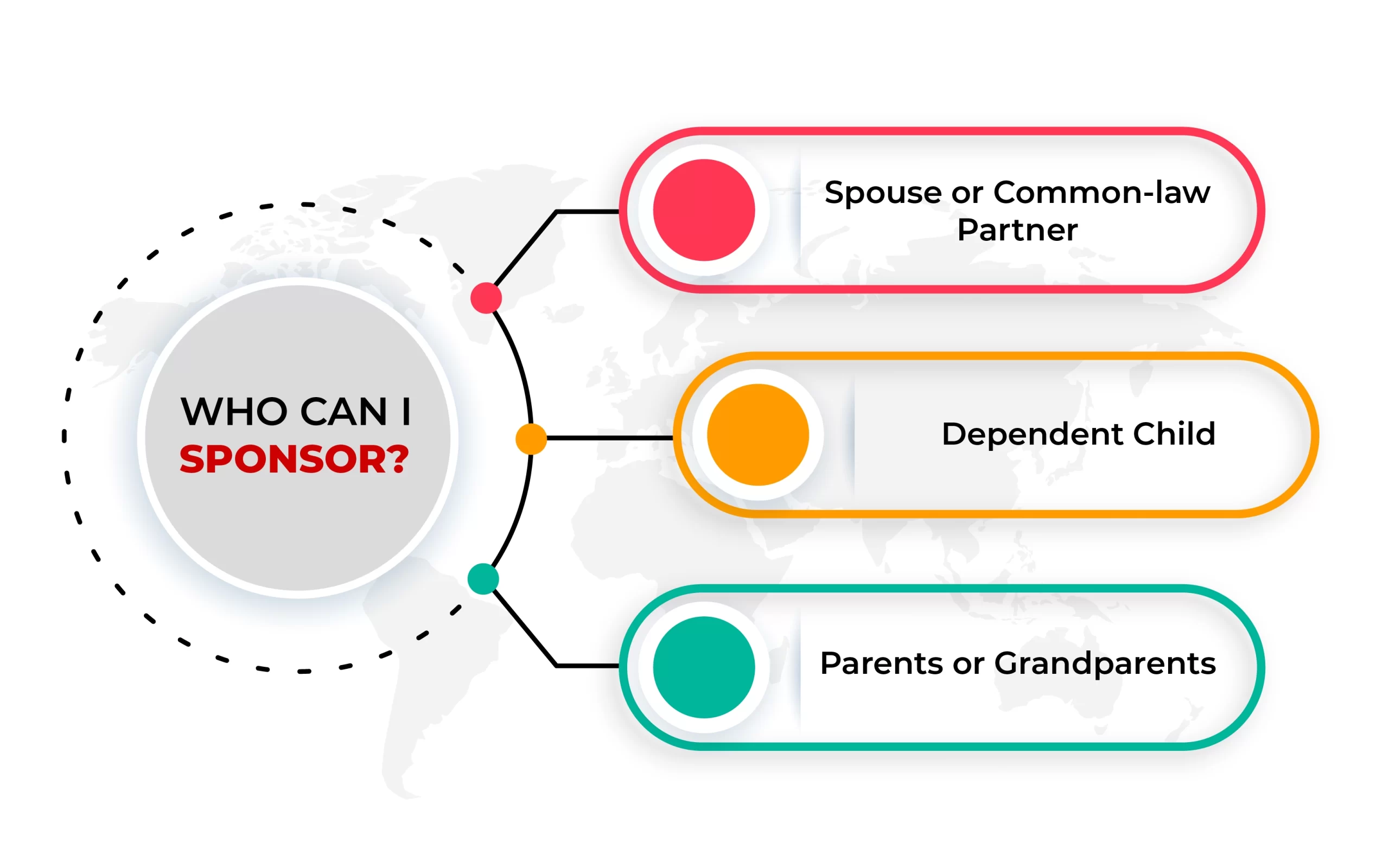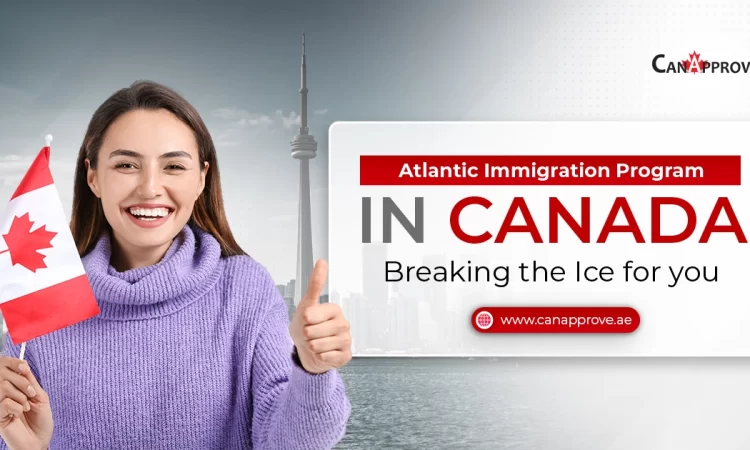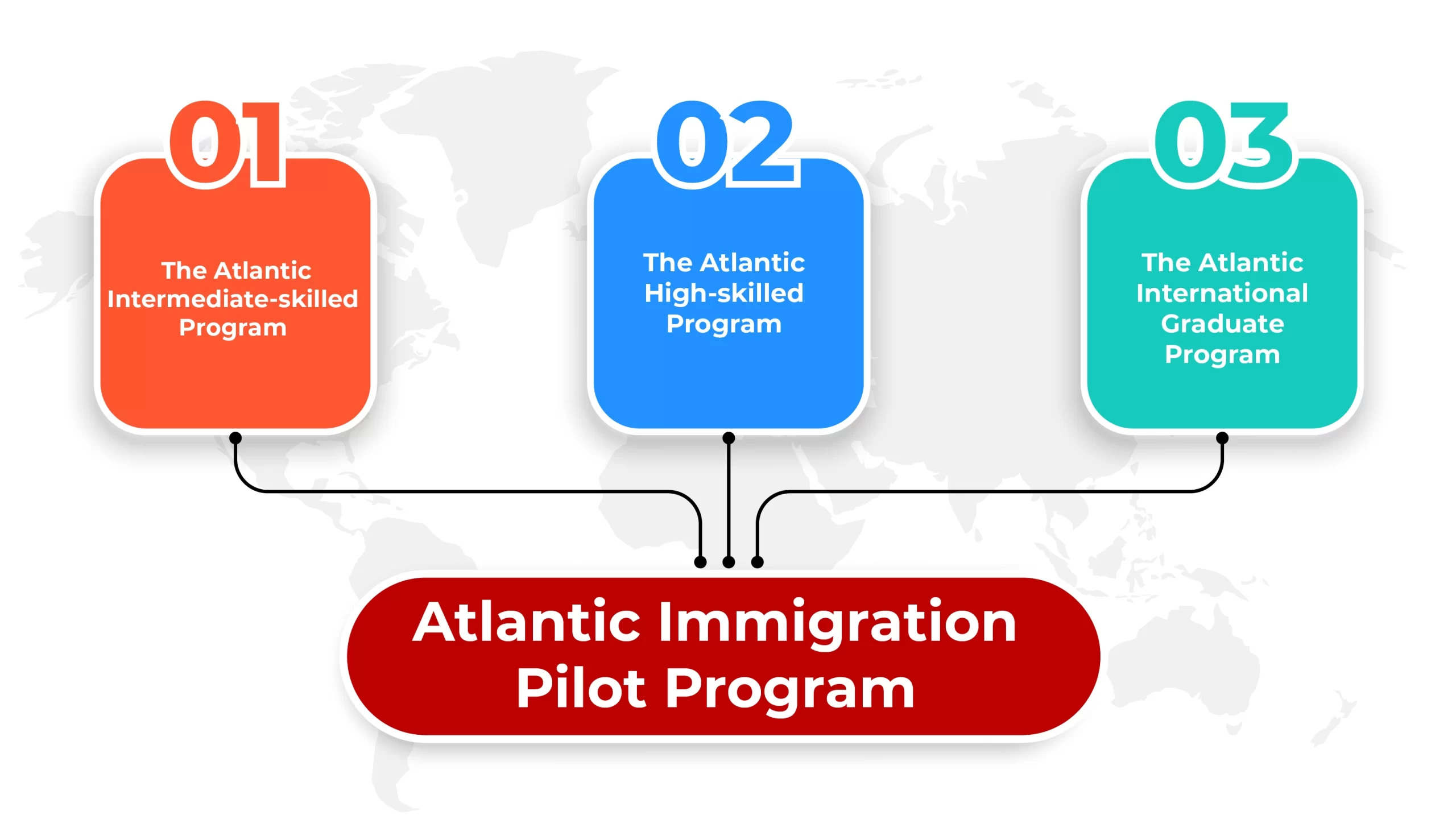Living far away from family and loved ones is challenging and could also leave you overwhelmed. Some countries find ways to encourage family reunification. Canada is one of the countries that provides a family sponsorship program that makes families come together and become permanent residents in Canada.
If you’re in Canada, looking for ways to bring your daily members, or the one who wants to go to Canada and live with your loved ones, this blog has it all! Read on and know more about family sponsorship.
What is a Canadian Immigration Family Sponsorship?
A Canadian citizen or permanent resident can sponsor their family member to immigrate to Canada permanently through the Canadian Immigration Family Sponsorship Program. Under this program, the sponsored family member can reside, work, or pursue their education in Canada while they are looking to reside in Canada permanently. After economic immigration, family sponsorship is the second-largest category of immigration to Canada.
Who can I sponsor for Canadian Immigration?
The family sponsorship program is the second-largest category of immigration after the economic immigration program. Once you are a citizen or permanent resident in Canada, you will be able to sponsor family members’ immigration to Canada.
The following members are eligible to be sponsored under the family sponsorship program:
- Spouse or Common-law Partner
- Dependent Child
- Parents or Grandparents

Sponsor your Spouse or Common-law Partner
Spousal sponsorship in Canada is when a Canadian citizen or a permanent resident of Canada sponsors their spouse to come to Canada and live there permanently. In Canada, applications for spouse sponsorship are given high priority. Processing a sponsorship application from beginning to end takes about a year.
Usually, they take a year or more to process, though this can vary based on the particulars of your case. To sponsor your spouse, common-law partner, or conjugal partner to immigrate to Canada, you will not require a job. Spousal sponsorship does not have an income minimum, in contrast to other sponsorship programs.
Sponsor your Dependent Child for Canadian Immigration
Children of the sponsor must meet the criteria of a dependent child to be eligible for this sponsorship. To be eligible for sponsorship, children must meet the definition of a dependent child. A child who is under 22 years old and not married or in a common-law relationship is considered a dependent, no matter whether they are their parent’s biological or adopted child and a Canadian citizen or permanent resident.
If a child over the age of 22 has a physical or mental illness that keeps them from being able to support themselves, they will be considered dependent.
Sponsor your Parents and Grandparents
Canadian citizens and permanent residents are the sponsors of parents and grandparents to immigrate to Canada, just like other sponsorships. Parents and grandparents who are accepted under this program are granted permanent residence in Canada and may eventually be eligible to petition for citizenship.
The deadline for submitting a completed PGP sponsorship application is 60 days from the date of the invitation. The invitation to apply letter that you received from IRCC will specify when you must submit your application.
Eligibility Criteria
To be eligible to sponsor any of your family members, you must meet the following common criteria:
- You must be a Canadian citizen or a permanent resident of Canada.
- if you’re a Canadian citizen residing outside Canada, you should state your plan of living in Canada when your sponsored relative becomes a permanent resident.
- You must be at least 18 years of age.
- You must be financially sufficient to provide for your family.
- Provide proof of your true relationship with the sponsored person through supporting documentation.
Wrap-Up
When you’re sponsoring your family members, make sure they possess valid passports and travel documents while they are traveling. You should renew any documents that are about to expire. The person you are sponsoring must send copies of the new passport or travel document to the office for the application process.
The application process might sound a little challenging. Don’t worry! CanApprove is here to guide you in every step of the process. We have a team of the best immigration and overseas education consultants in Canada who ensure a flawless application and impeccable documentation process.
We will guide you through the whole process, right from filling out your application until you settle in Canada. Planning to apply for a temporary resident visa? Talk to our experts at CanApprove, we’d love to hear from you!
FAQS
1. Can I sponsor my whole family to Canada?
You can bring family members to Canada if they have been approved for permanent residence as your dependents. This will include your spouse or common-law partner and your dependent child.
2. How long does family sponsorship take in Canada?
Applications for sponsorship typically take about 10 months from the time you begin the process until you receive a response from Immigration, Refugees, and Citizenship Canada (IRCC).
3. What is the easiest way to immigrate to Canada?
Family sponsorship is the simplest route for you to live in Canada if you have an eligible family member who is a citizen or permanent resident of the country.



